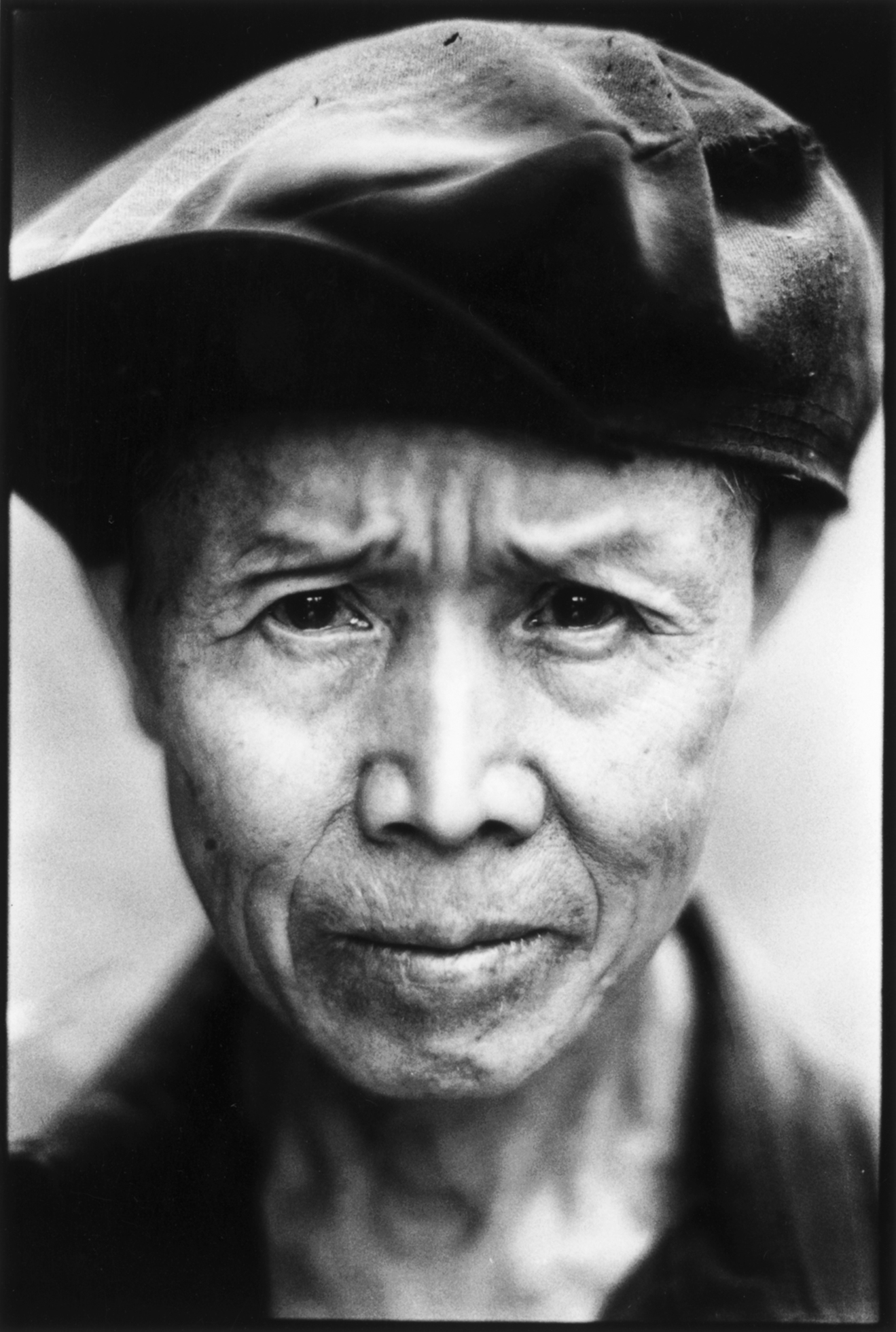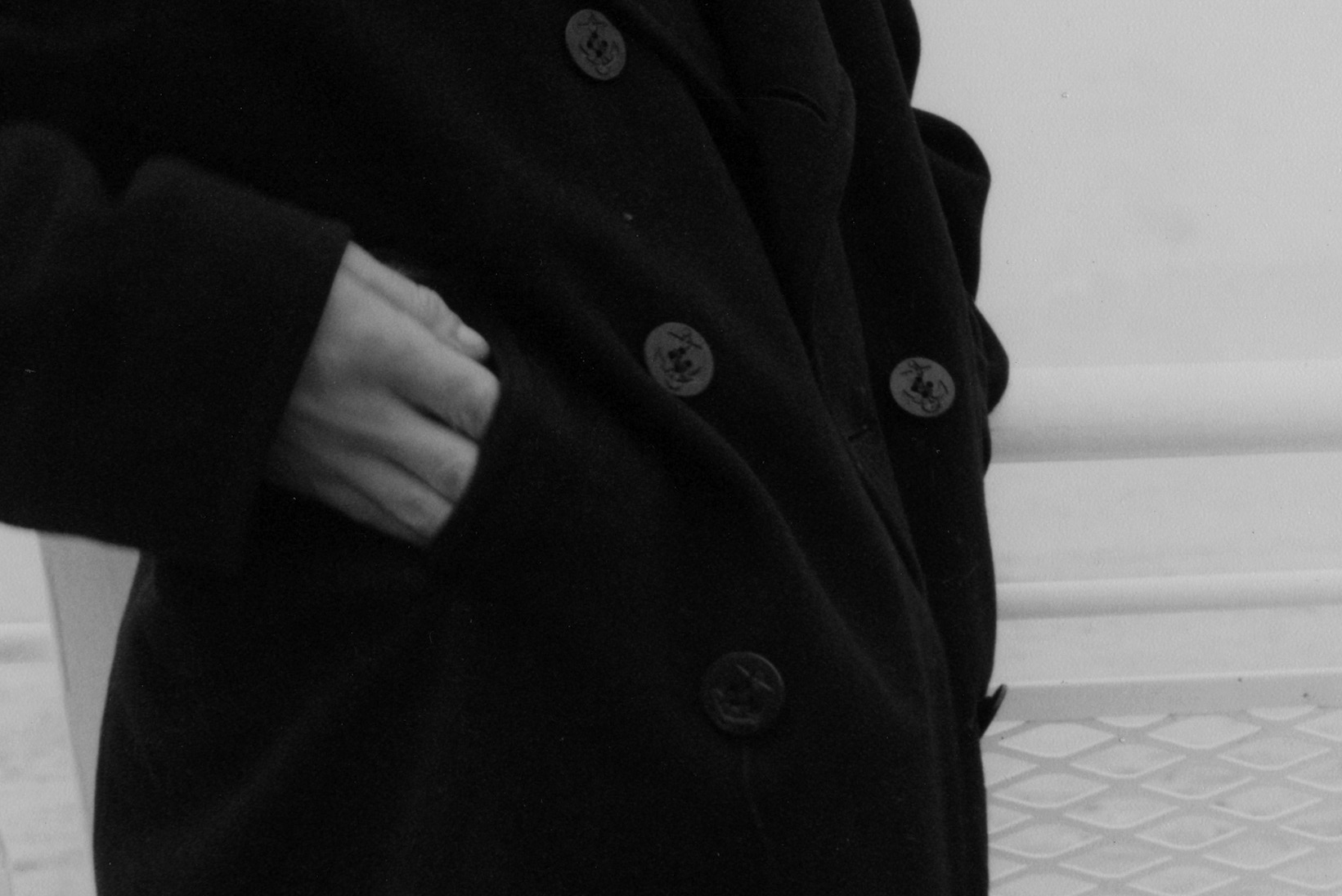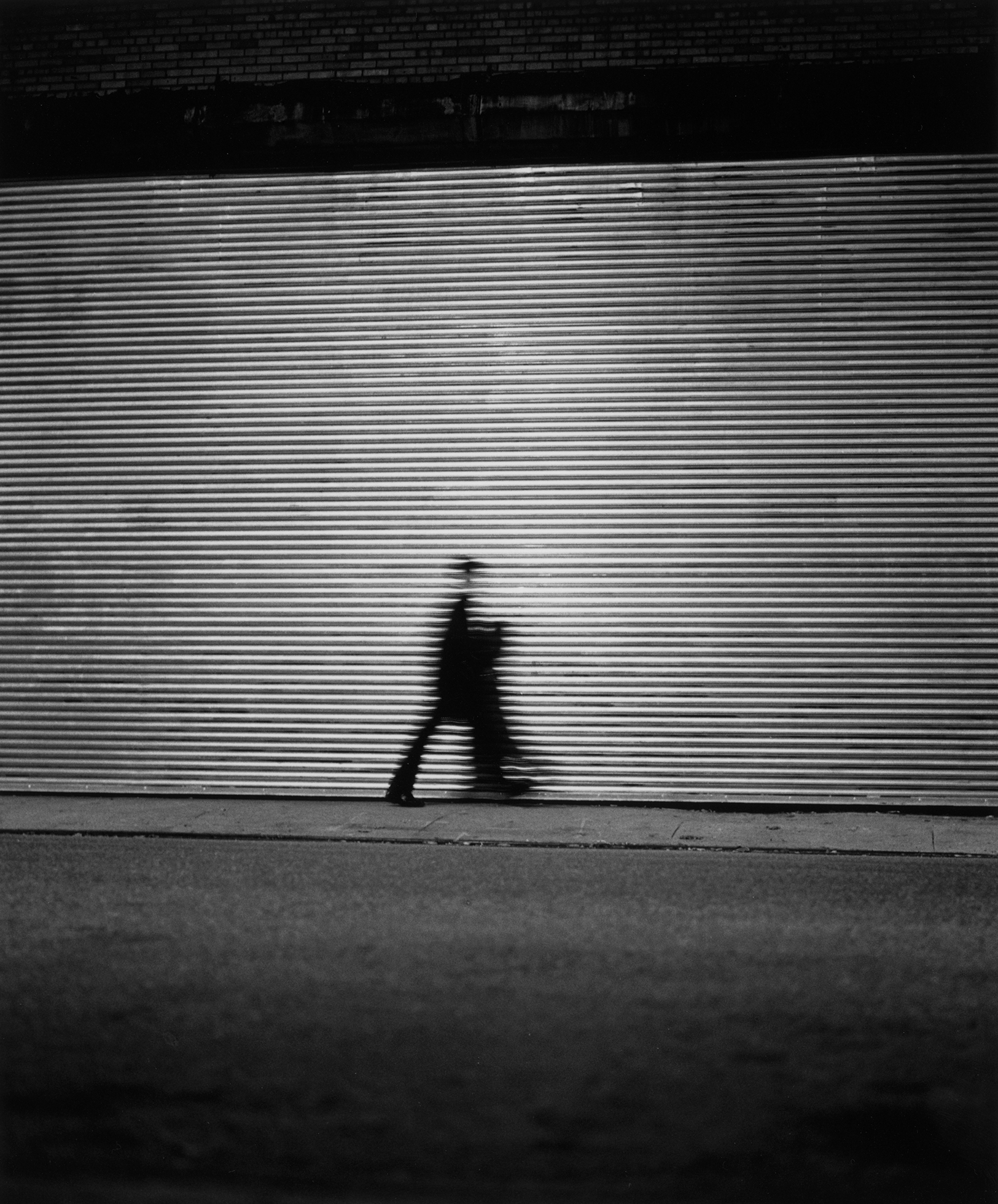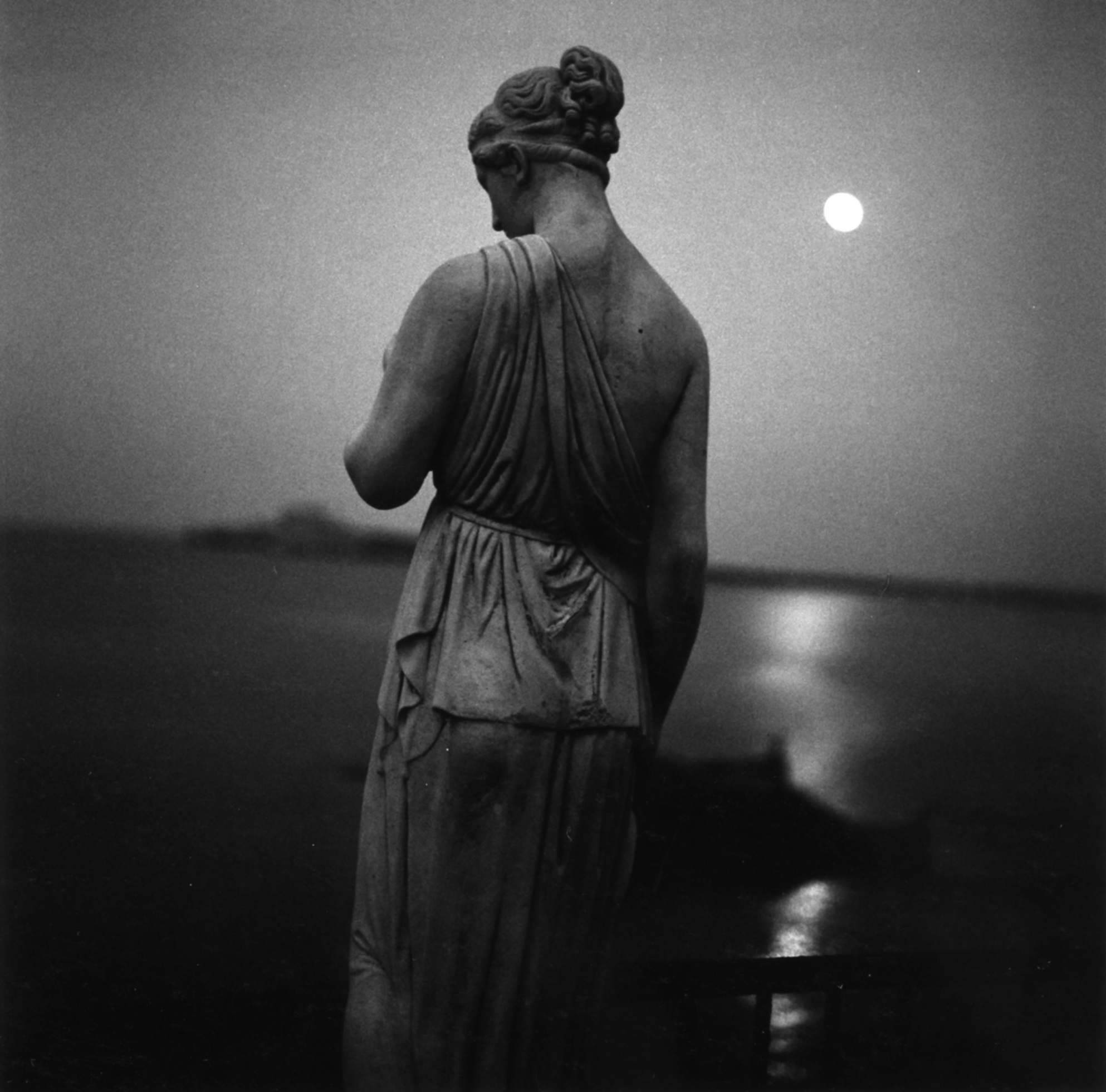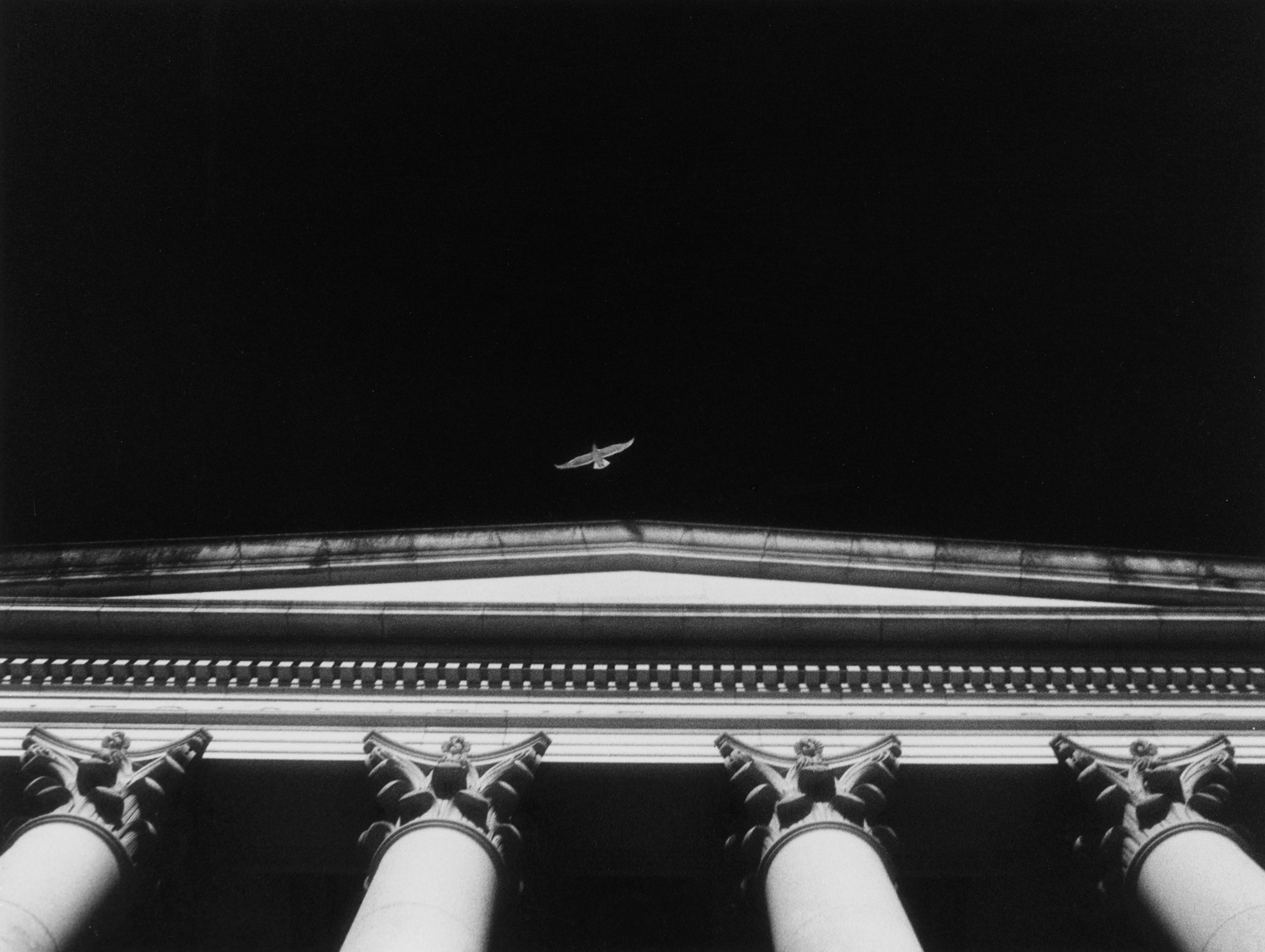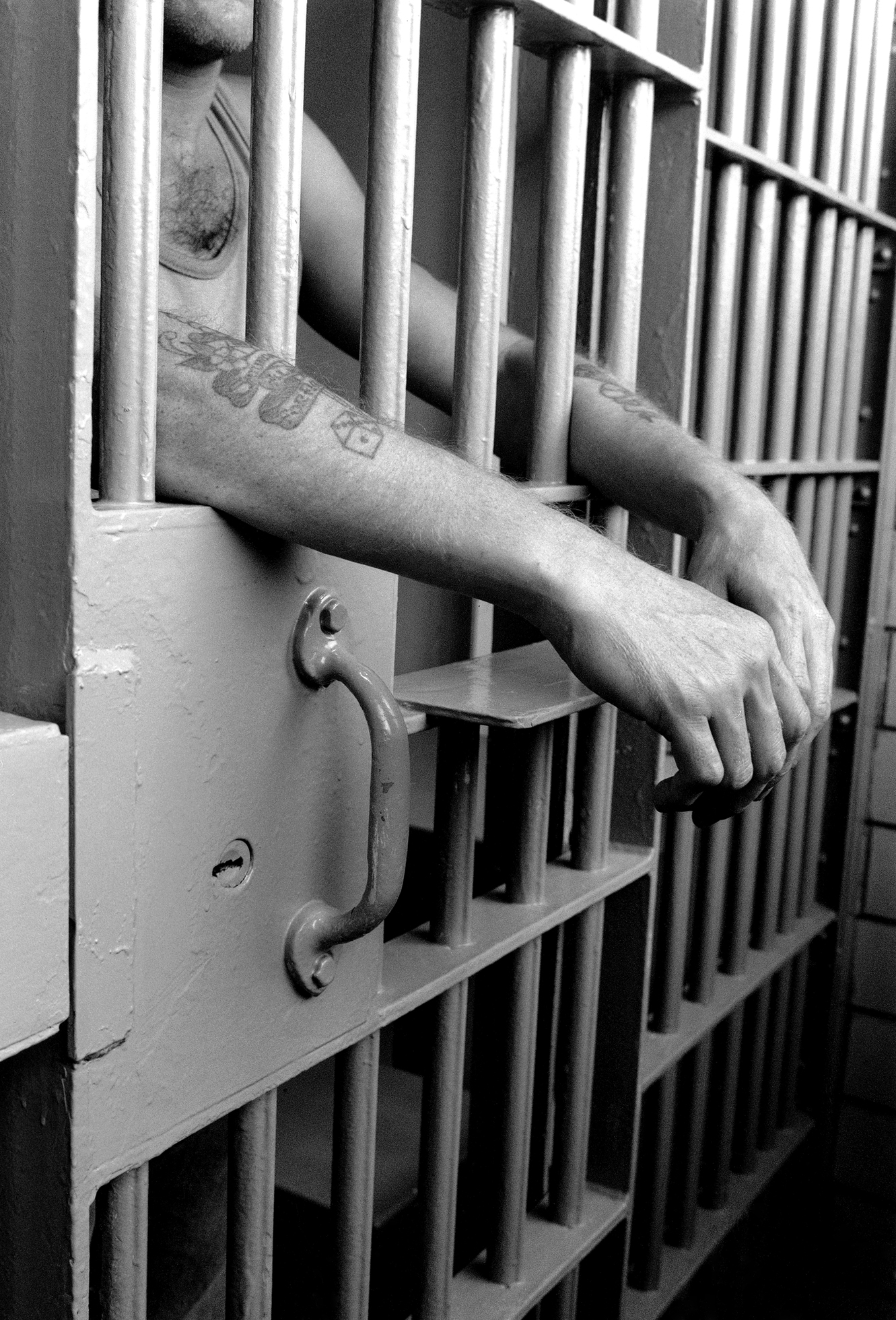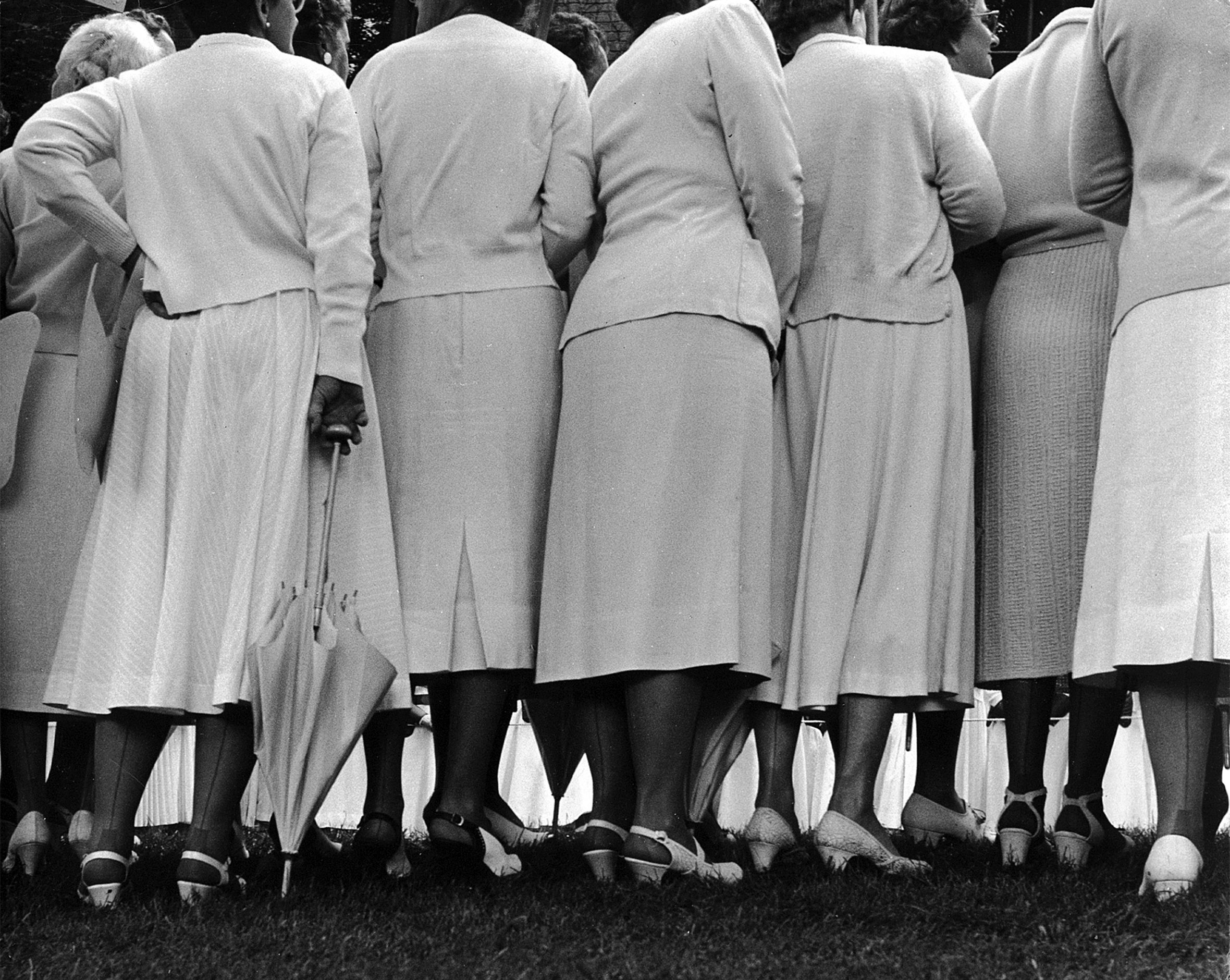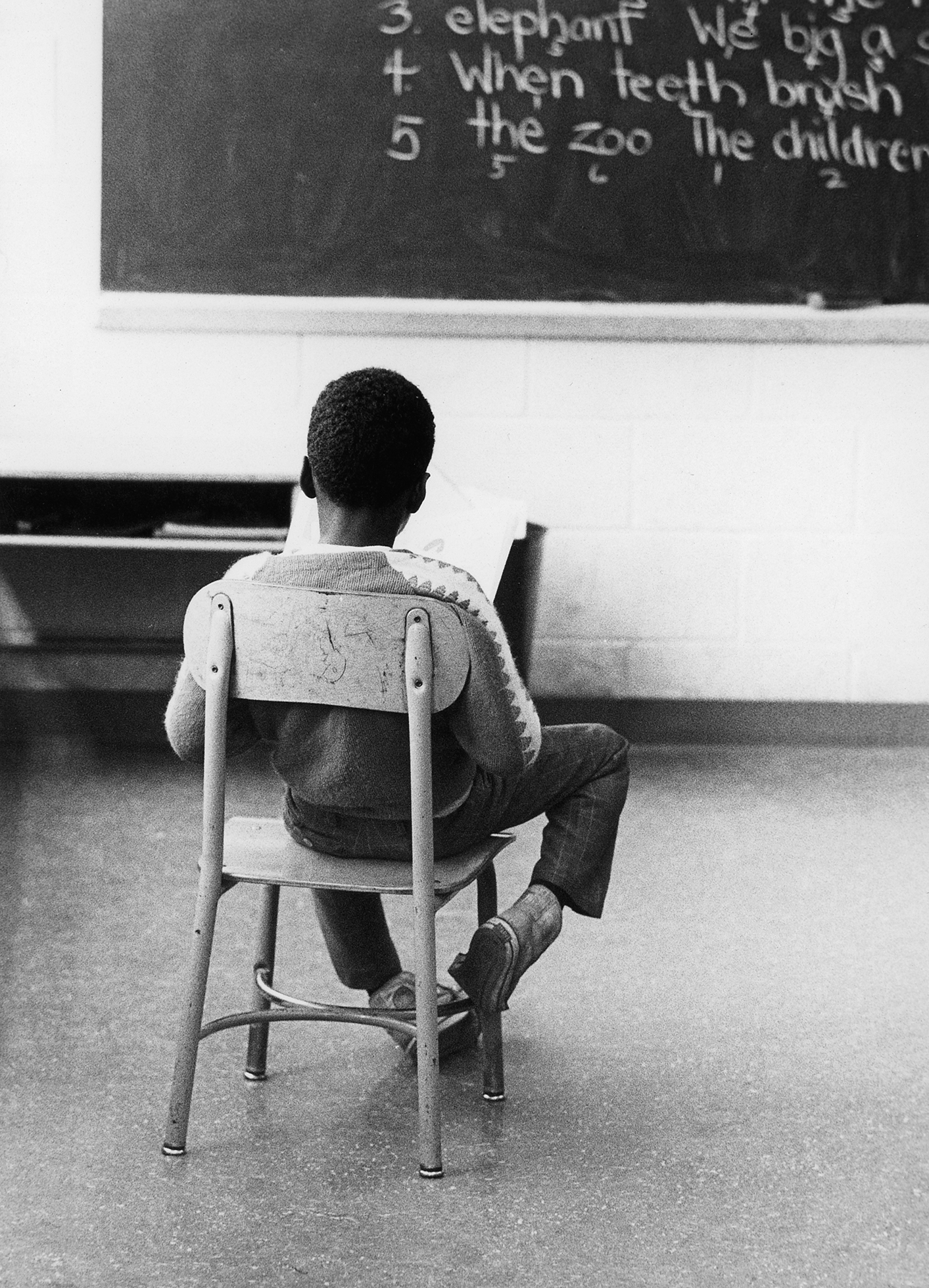Browse Topics
Social Justice
That Sacred Otherness
And sometimes it’s the very otherness of a stranger, someone who doesn’t belong to our ethnic or ideological or religious group, . . . that can repel us initially, but which can jerk us out of our habitual selfishness, . . . and give us intonations of that sacred otherness, which is God.
September 2012E-mail Elegy
Dedicated to e-mails from Save Darfur, War Child, Africa Action, Amnesty International, Human Rights Watch, Free the Slaves, AIDS Action, and Doctors Without Borders. | How quietly they land, / bits of global sorrow accumulating like snowfall / as I teach a class, attend a meeting, / make a cup of tea.
August 2012The Communion Of Strangers
Books lift us out of the smallness of the present and into history, out of the smallness of ourselves and into humanity. Most readers favor modern books, equating old with irrelevant. But just as a phrase in one’s native language jumps from a page of foreign text one is struggling to translate, familiar passions jump from the strange depictions of earlier times.
April 2012CJ The Prince
You can’t breathe, yes, but it’s not because you feel punched in the gut. It’s the cold. The cold that sank in so fast and deep, your insides are freezing. All ice. And the radio in your brain is playing Rigo’s words from just a week ago: “CJ goes anywhere. It’s like he got a pass. He’ll hit the barbecue in the projects, hit another on Grape, stop and shoot dice with Swans on his way home. CJ’s dad is like royalty, and CJ the prince, man. CJ one guy they just let be.”
April 2011Sunbeams
February 2011Laws bind us. But it is important to remember the law is only what is popular. Not what’s right or wrong.
Throwing Away The Key
Michelle Alexander On How Prisons Have Become The New Jim Crow
Yes, during the original Jim Crow era Whites Only signs hung over drinking fountains, and black people were forced to sit at the back of the bus. There was no denying the existence of the caste system. But today people in prison are largely invisible to the rest of us. We have more than 2 million inmates warehoused, but if you’re not one of them, or a family member of one of them, you scarcely notice. Most prisons are located far from urban centers and major freeways. You literally don’t see them, and when inmates return home, they’re typically returned to the segregated ghetto neighborhoods from which they came, leaving the middle class unaware of how vast this discriminatory system has become in a very short time.
February 2011And Justice For All
Sister Helen Prejean On Why The Death Penalty Is Wrong
The death penalty could be ended tomorrow if the Supreme Court would reverse its earlier decision. The Court overturned the death penalty once before, in 1972 (Furman v. Georgia), on the grounds that it was arbitrarily and capriciously applied and used disproportionately against poor people. But in Gregg v. Georgia the justices reinstated the death penalty with stricter criteria, limiting its applicability to only the worst of the worst and taking into account the defendant’s character and record. At that time the Court acknowledged the racism in death-penalty sentencing but said it would be too disruptive to our judicial system to correct the bias.
August 2010Sunbeams
July 2009If a white man falls off a chair drunk, it’s just a drunk. If a Negro does, it’s the whole damn Negro race.
By The Color Of Their Skin
Tim Wise On The Myth Of A Postracial America
Some think that racism ended with the Civil Rights Act of 1964, the Voting Rights Act of 1965, and the Fair Housing Act of 1968. Those were important steps, because they made it illegal to engage in discrimination. But just because you’ve made something illegal doesn’t mean it no longer happens. No enforcement mechanisms existed for the Fair Housing Act until 1988, and evidence suggests there are still millions of cases of race-based housing discrimination every year.
July 2009Suburban Bitch Cruise
Virginia and I were in an English-literature class together during my senior year at the State University of New York at Albany. She wore black-rimmed “cafe girl” glasses and had one of those bright, pale faces that slips back and forth from plain to attractive. Altogether her style was a mixture of grunge and hippie, and I found Virginia sexy as hell. During the week that we covered James Baldwin’s Giovanni’s Room, she and I united against the close-minded faction in class who couldn’t, or wouldn’t, comprehend how one man could love another. We chastised them on breaks and shouted them down during discussions. At the end of class one evening, Virginia discovered that I, too, liked getting high, and she smiled — her face alive with mischief — and counted off three words on her fingers: Suburban. Bitch. Cruise.
July 2009